XLNT! The Text4baby Program Celebrates 3 Years
text4baby External Web Site Policy is a free service that delivers important health information about the stages of pregnancy and baby’s first year to the cell phones and mobile devices of moms-to-be and new moms. Since its launch in February 2010, the program has sent more than 62 million messages. With more than 500,000 subscribers, text4baby is the largest “app” of its kind.

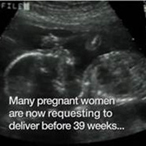
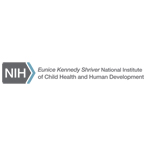
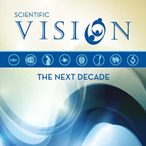
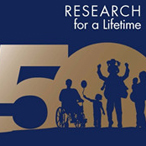
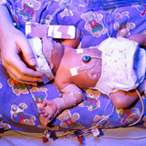

 BACK TO TOP
BACK TO TOP